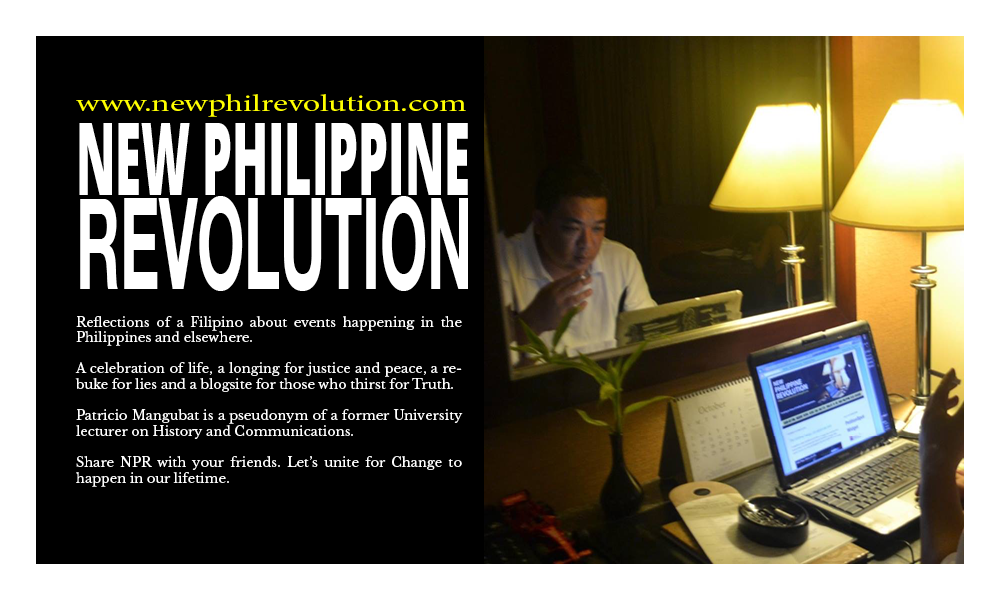Ang Kapatiran party senatorial candidate Rizalito Yap David has a bold prediction---not one of the pro-RH candidates will occupy the Top 3 senatorial spots this election. Reason? More than 10 million Catholics are moving right now to form what he calls a "solidarity vote".
Is there a "solidarity vote" in the Catholic Church? Was there any occasion in history that the Catholic laity moved into one voting block and influenced the course of politics in this country?
Based on statistics, there are at least 80% of Filipinos believing in the Catholic faith. The only question is, how many of this figure are of voting age, since even children when baptized are considered Catholic. Let us assume that 50% are of voting age. So, you basically have 32.4 million Catholic voters out of the estimated 50 million voters throughout the country.
Assume for example, that all Catholic laity groups move towards a solidarity vote, the maximum number of possible voters that they can get to vote a specific named list would have to be 10% of this number, or about 3.24 million.
These 3 million will probably be voting from mostly urban centers whose Social Action Centers are active and a few provincial or rural based Social Action Centers whose dioceses are extremely active.
I have some questions though.
One, who dictates who in the list? Every diocese is independent from another, so there is cause to believe that a list of a diocese could actually be different from another diocese. Yes, obviously, three prominent names would definitely be in that list, namely, Chiz Escudero, Loren Legarda and Pia Cayetano, since these names were prominent in pushing for the passage of the RH bill. How about the rest? Would differing names included in that list cause extreme anxiety and confusion?
Second, who will monitor this? A big organisation such as the Church has one dilemma---size. The bigger an organisation is, the lesser chances of monitoring the voting preference of every, single, member. Yes, they may have volunteers but these people will be monitoring not just those who votes who but moreso, their emphasis will be on the counting of the ballots. Since this will probably be the first time that the Catholic Church will mobilize the laity towards a political objective, they will surely encounter difficulties.
Third, and this is something major, does the Church have enough funds to mobilize such an entreprise?
Lastly, a survey shows that the Catholic faithful does not agree with their Church assuming an interventionist role in politics. The Church has a lot of convincing to do first to change this perception of the people.
In the past, the Catholic Church has criticized other religious groups such as the Iglesia Ni Cristo for doing a solidarity vote. Now, it will be undertaking such an enterprise which it previously declared to be un-biblical.
Let us assume that this will happen come May, what does this imply? It implies that the Church is beginning to intervene in a field which Jesus Christ clearly says, and distinguishes to be "of Caesar's". This is not at all surprising since this Church appends the word "Roman", as its official name.

No comments:
Post a Comment
Thank you very much for reading my blog. You inspired me. But if you intend to put your name "anonymous", better not comment at all. Thanks!